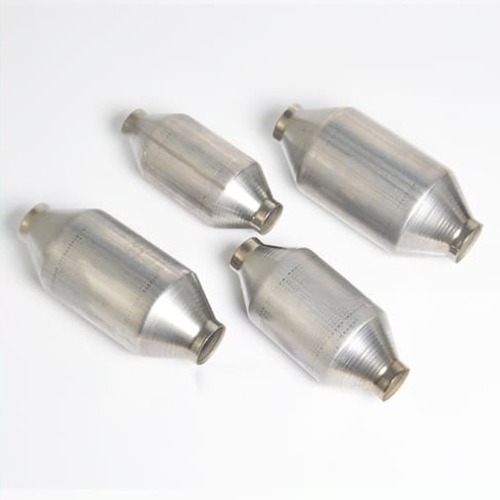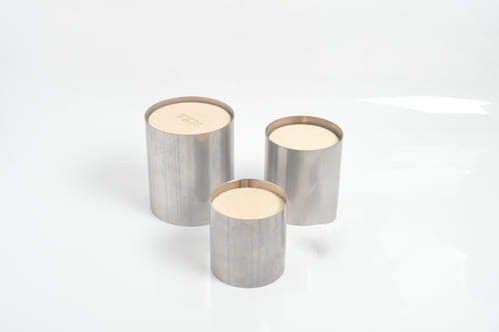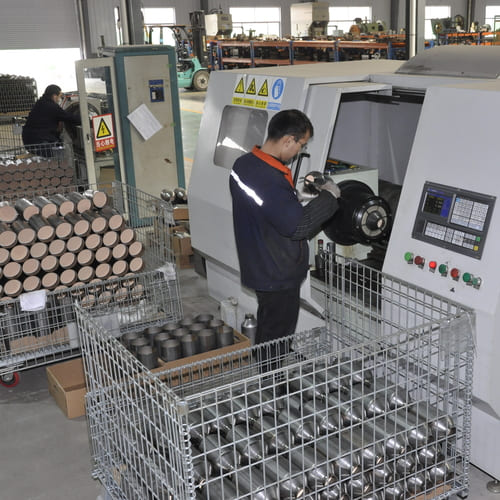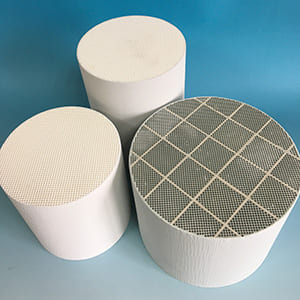For wholesalers dealing in catalytic converters, navigating the complex landscape of international trade is crucial. Importing and exporting these components entail adhering to various regulations, understanding customs duties, and managing logistics effectively. But what are the key factors that wholesalers should be aware of to ensure a smooth and compliant trade process?
Import-export guidelines for catalytic converters encompass a range of considerations, from regulatory compliance to logistical efficiency. Wholesalers must understand the legal framework, environmental standards, and the logistical aspects of moving these components across borders.

Understanding Import-Export Regulations:
- Compliance with Emission Standards: Ensure that the catalytic converters meet the emission standards of the importing country. Different countries have varying regulations concerning emissions, and non-compliance can lead to penalties or rejection at customs.
- Customs Duties and Tariffs: Be aware of the import duties and tariffs in different countries. These can significantly affect the cost and pricing strategy of catalytic converters.
- Documentation and Licensing: Proper documentation, including export licenses, invoices, and compliance certificates, is critical. Ensure all paperwork is accurate and complete to avoid delays in customs.
Navigating Logistics and Supply Chain Management:
- Efficient Shipping and Handling: Select reliable logistics partners experienced in handling auto parts. Proper packaging and handling are essential to prevent damage during transit.
- Inventory Management: Effective inventory management is crucial, especially when dealing with long shipping times. This includes forecasting demand and managing stock levels to meet customer needs without overstocking.

Challenges and Solutions in the Import-Export Process:
- Regulatory Changes: Stay updated on changes in international trade agreements and environmental regulations, as these can impact import-export practices.
- Quality Assurance: Implement quality checks before shipment to ensure that the products meet the required standards and specifications.

Conclusion
For catalytic converter wholesalers engaged in international trade, understanding and adhering to import-export guidelines is key to successful business operations. This involves a comprehensive approach, encompassing regulatory compliance, customs procedures, logistics, and quality assurance. Staying informed about the changing legal landscape and building efficient supply chain strategies are essential steps in navigating the global market effectively. By mastering these aspects, wholesalers can ensure smooth operations and maintain a competitive edge in the dynamic automotive parts industry.

